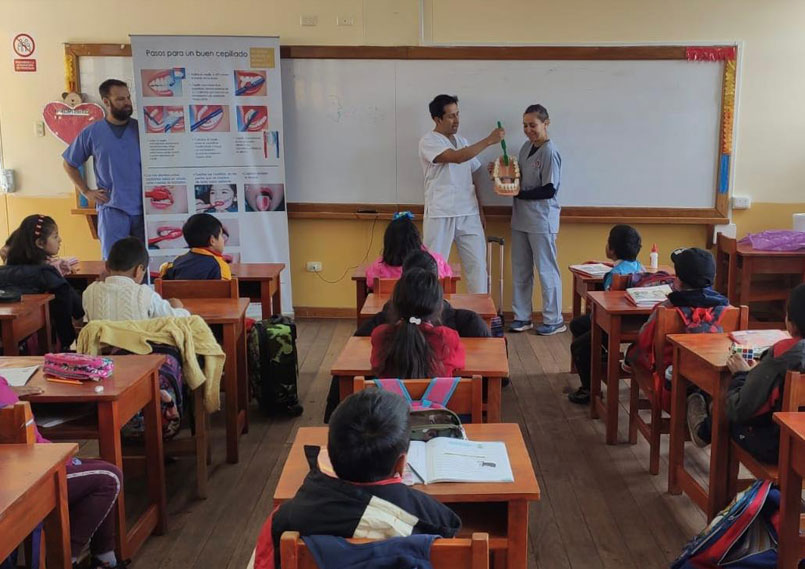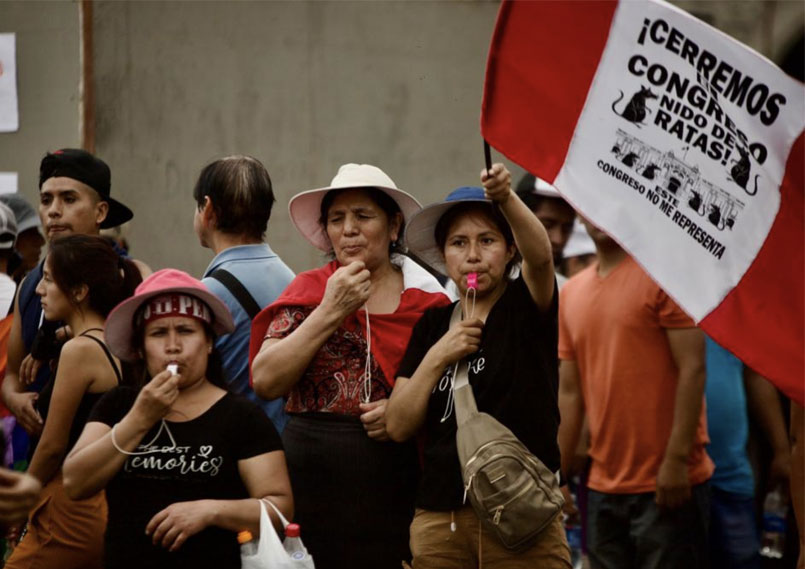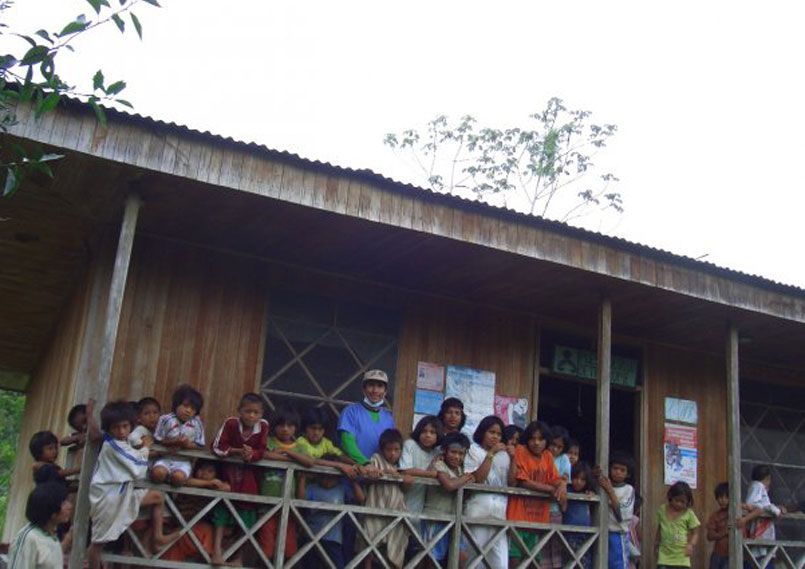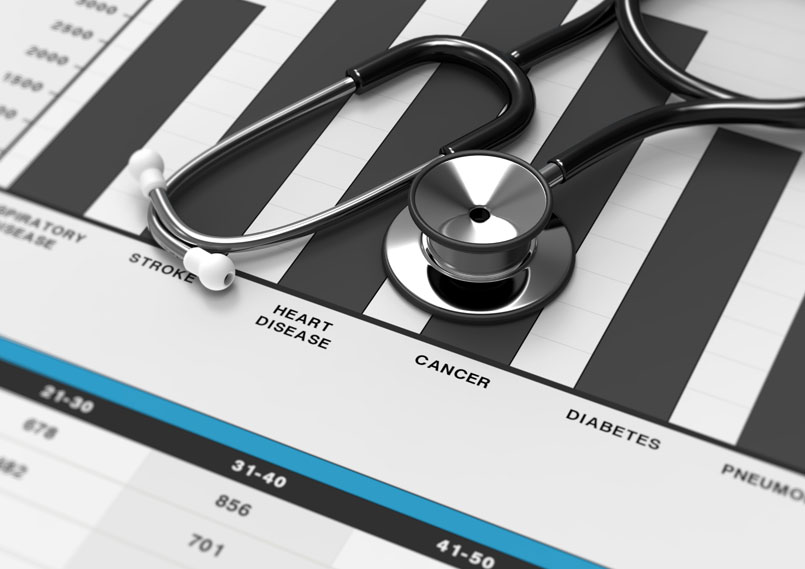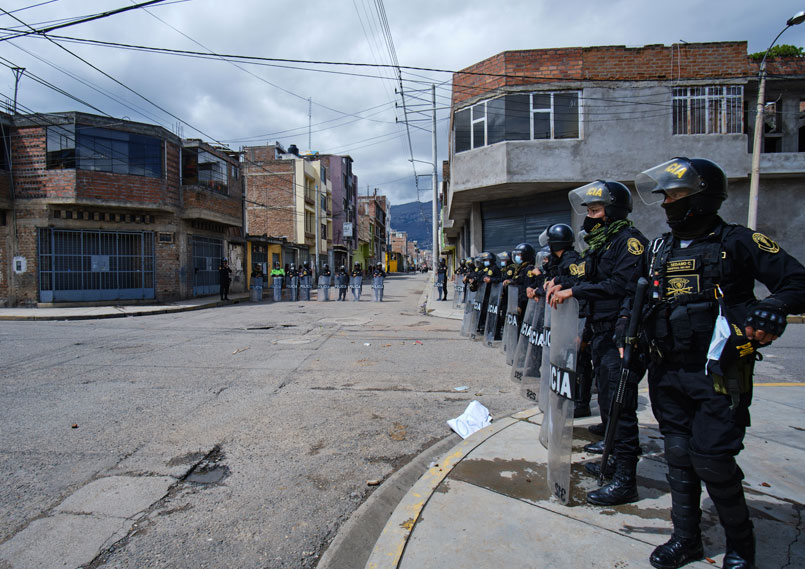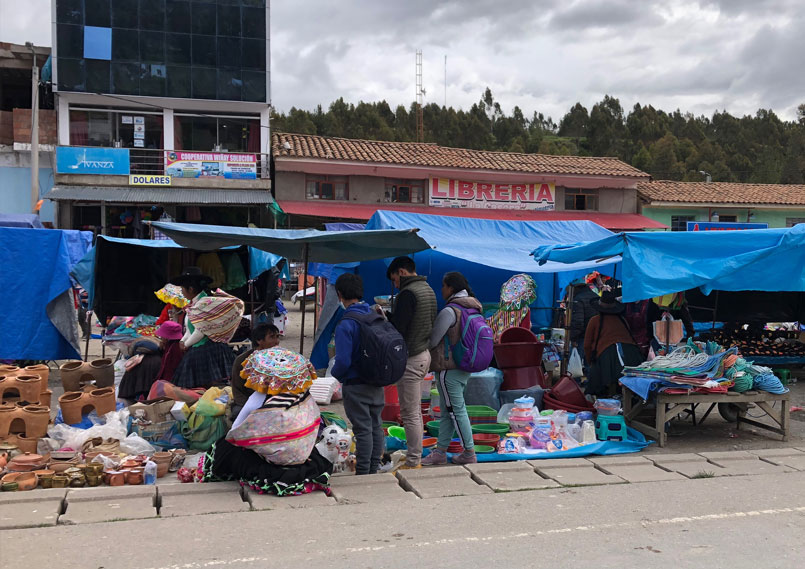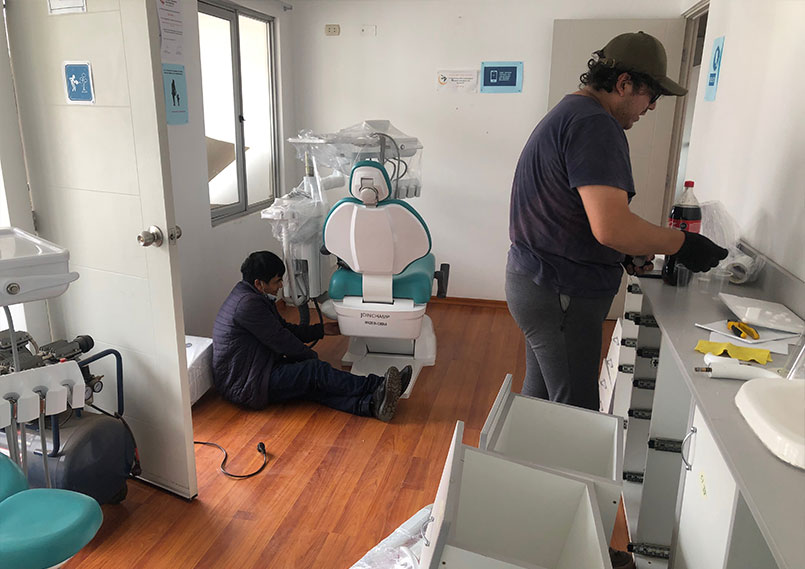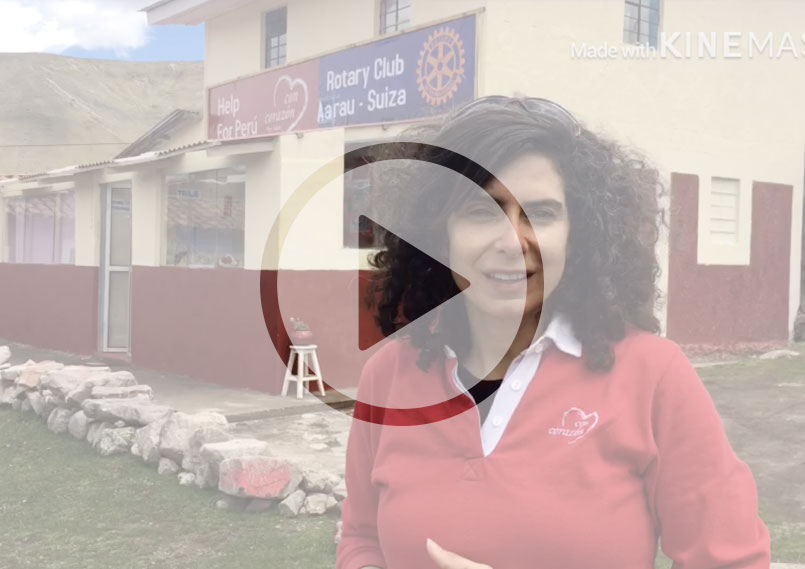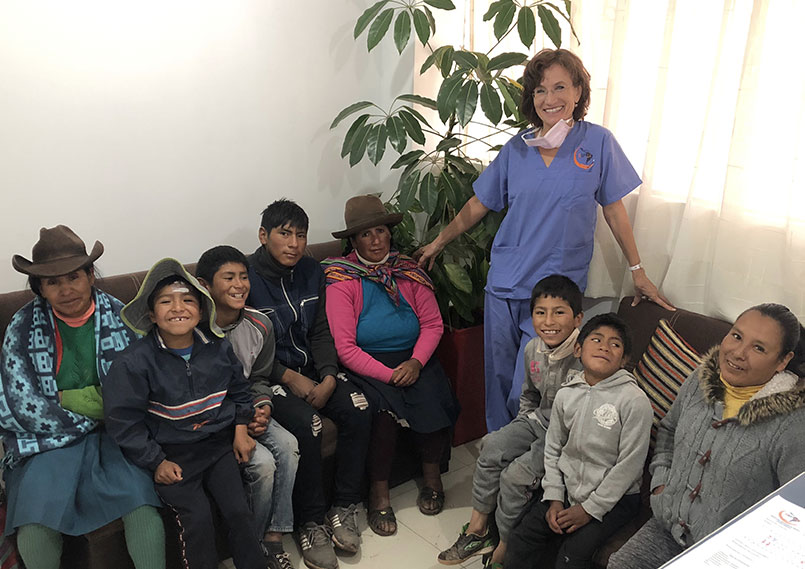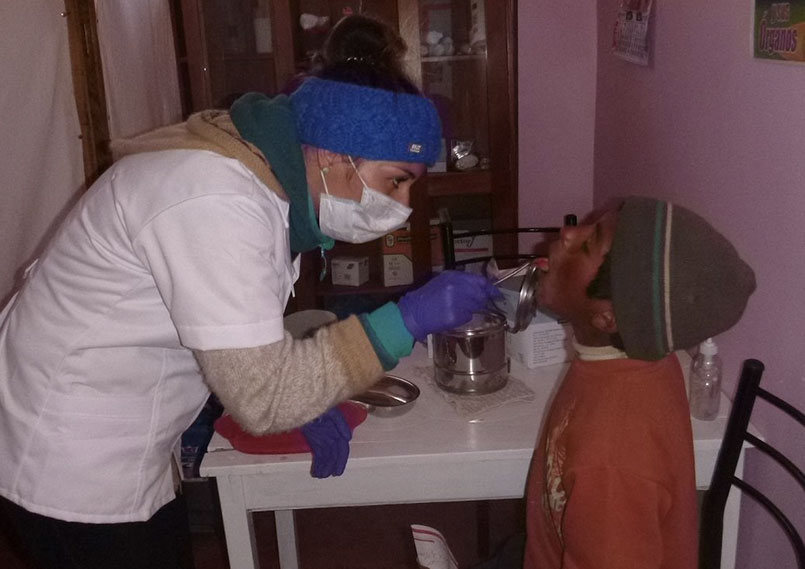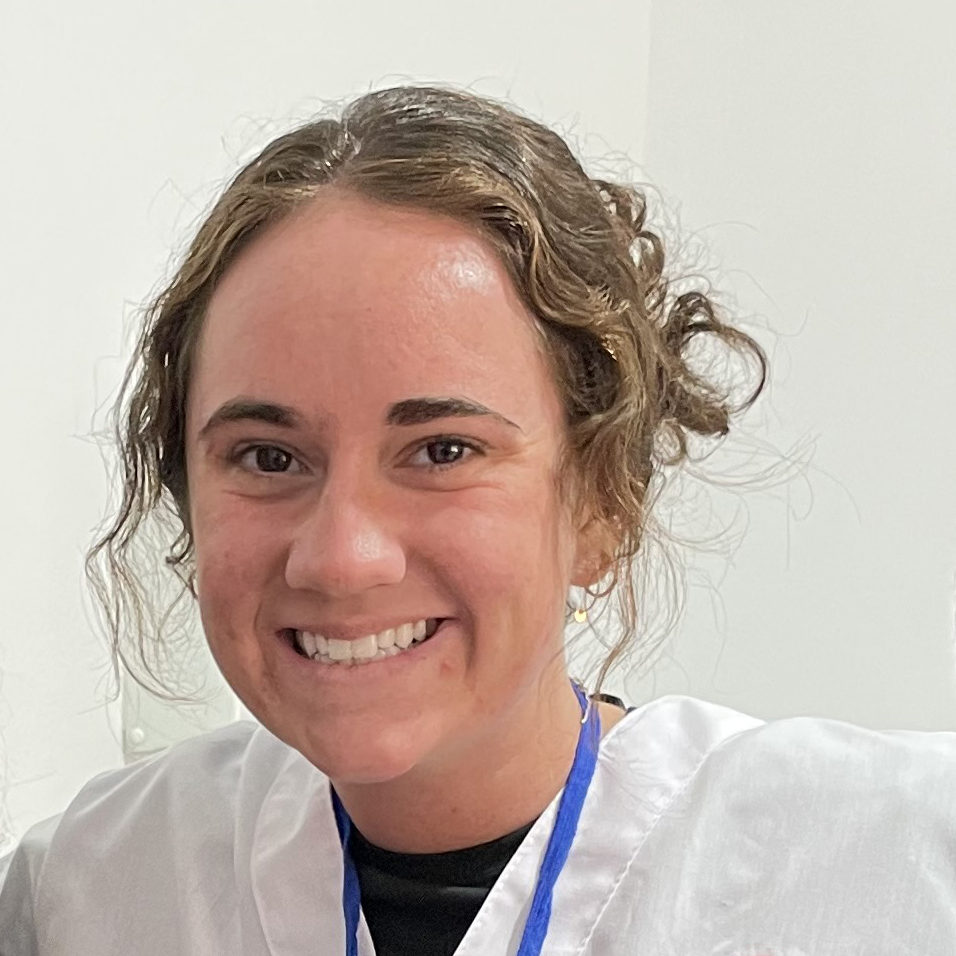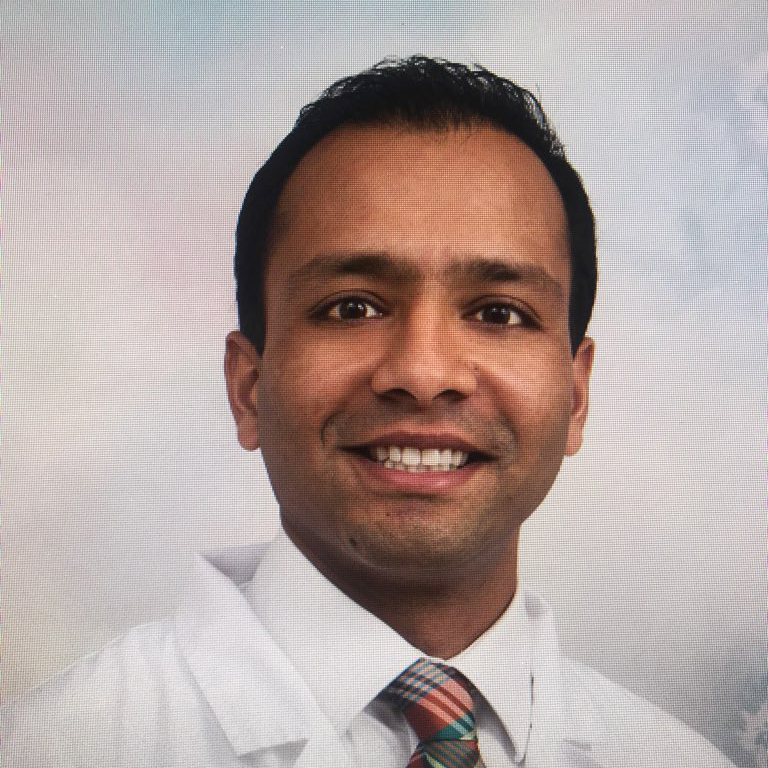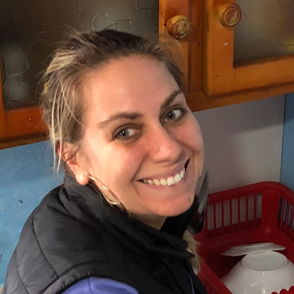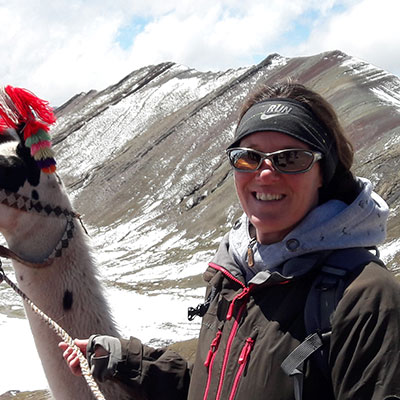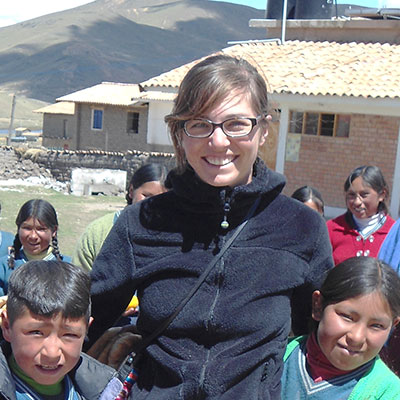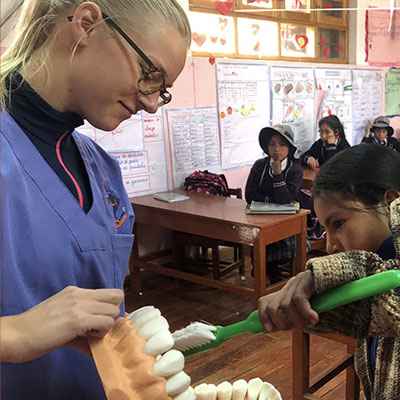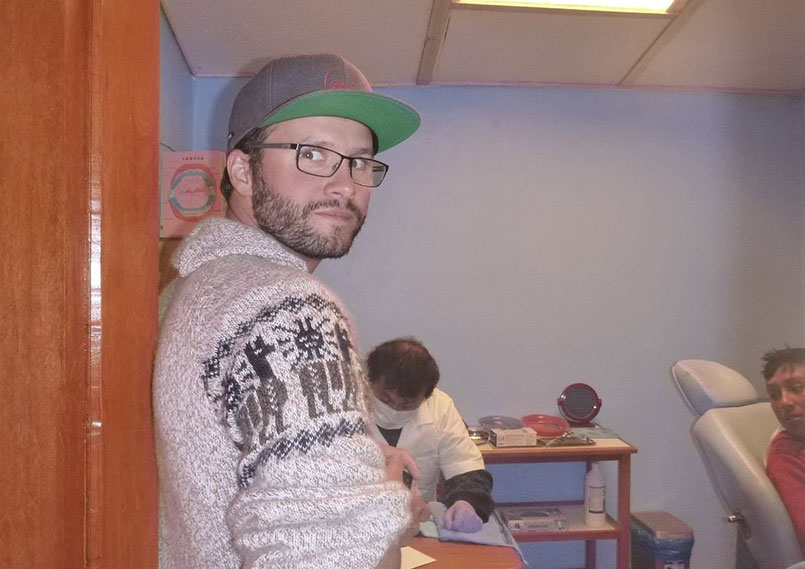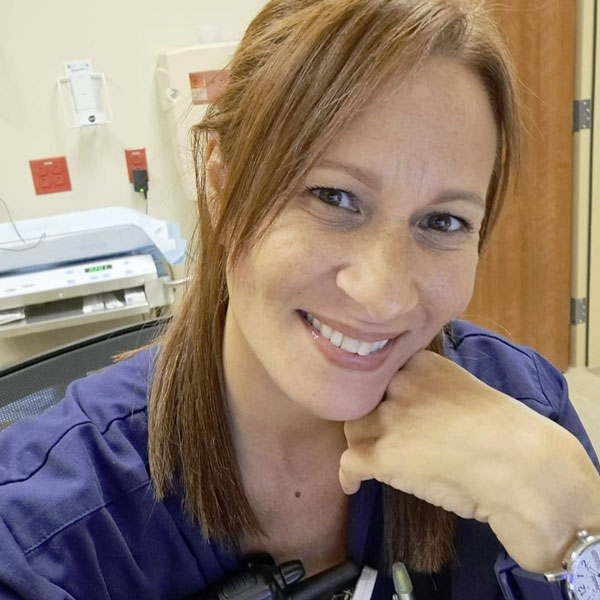Designing strategies and activities for a health intervention like the one carried out by Con Corazón is a challenge. Our desire is to have a positive impact to improve, maintain, promote or modify the health of the population we serve. The activities include educational programs, medical-dental care, improvement of health conditions and health prevention and promotion campaigns. The impact we want to produce must be subject to periodic evaluation through data collection. The importance of using data to confirm beliefs about which management strategies and practices are working and which are not. “You can’t improve what you don’t measure”, Peter Drucker.
Assessing the impact of health interventions is essential for making future decisions. It is important to compare the observed results with what you would expect if the intervention had not been implemented. A wide range of routinely collected data should be available for the evaluation of health interventions.
One of the main reasons for our Managing Director Saulo Gamarra having taken a course in “Consultancy skills in International Health: Evaluation of health facilities, projects and programs” at the University of Heidelberg in Germany, is precisely to gain knowledge and experience in this type of activity. Many colleagues from different parts of the world, who also took the course, also need to have a new perspective to improve the health projects they manage in their respective countries.
Evaluation of health services
It is a systematic process for evaluating the achievement of a program’s stated objectives. Its adequacy, effectiveness and acceptance by all parties involved are reported.
The costs and resources for the provision of health services have increased over the years. The current international situation has not helped to overcome this challenge. An evaluation provides us with data to understand the effectiveness and efficiency of our health services, including the impact on beneficiaries.
For example, one of the indicators of the good use of resources and therefore the quality of the service is the following: Directly after the opening of our dental clinic in the city of Cusco, the staff demanded the purchase of alcohol gel for regular hand disinfection. This important request was implemented directly. After six months, we noticed that there were no more requests for hand sanitizer. The indicator was that the bottles had been mostly used only 30% of its content. This means that the bad habit of not disinfecting hands was stronger than the real need. The use of alcohol in gel is essential in any health establishment! To solve this problem, training had to be implemented for all the staff of the establishment. After this, the change of habit was noticed and the use was more frequent, consequently the quality of the service.
At Con Corazón, after this experience, we make sure that all the staff are trained through talks, explaining the benefits of using disinfectants. We also encourage our staff good habits that can be emulated by our patients and other people who observe us.
These types of solutions can be achieved through:
Monitoring
It can be defined as an ongoing function that uses systematic data collection to provide management and stakeholders with an indication of progress in the use of funds, the achievement of goals, and the degree of progress. Its objective is to determine whether or not the planned objectives have been met.
We use tools on a regular basis to achieve this, for example, through observation. Thus, we can identify deficiencies and successes in the daily use of resources.
Evaluation
It can be defined as the process of determining the value or importance of a development activity or program. In this way, we determine the relevance of the objectives, the effectiveness of the design and implementation, the efficiency or use of resources and the sustainability of the results. An evaluation should allow the lessons learned to feed into the decision-making process of both the partner and the donor.
Evaluations at Con Corazón are usually annual. There we can learn from the results of all our interventions. In this way, we make important decisions to implement new projects or correct and improve others.
Monitoring and Evaluation (M&E) is a critical element of any successful health program. M&E enables programs to track and demonstrate progress, as well as diagnose programs to enable better results.


Getting better and better
In order to improve our organization, we review the implementation of health services to identify and recommend the necessary revision of the whole program. In doing that, we contribute to better health planning. Periodically we document the results achieved by a project to know if desired outcomes are being achieved and identify corrective actions. This action leads us to improve health projects and health infrastructure as well as the right allocation of resources in the current and future program. We aim to make health activities more relevant, more efficient and more effective.
Who does the evaluation at Con Corazón?
Our director Saulo Gamarra understands and apply evaluation concepts and principles when evaluating facilities, projects and programs in the health sector using his personal and technical skills in evaluation and consulting. It is important to apply principles and processes for evaluation. He also identifies, adapt and use tools within an evaluation.
Determining what is to be evaluated then stablish standards and criteria is one of the tasks, subsequently plan the methodology. Once we are done with the previous, we gather information and analyze the results. All of this will lead us to take action. Re-evaluate makes a continues cycle that lead to improvement.
Approaches such as the Plan, Do, Study, Act cycle, which is part of the model for improvement, a commonly used tool to test and understand small changes in quality improvement work may be used to undertake formative evaluations.
To evaluate a program, the methodology must be planned
This establishes the purpose of evaluation in our Con Corazón program, including the standards and criteria for conducting the evaluation.
Collection of information: The data we require is obtained mainly from our direct beneficiaries. For this, we do individual in depth interviews and focus groups interviews with open questions. The use of observation as a tool for data collection and subsequent transcription is also a useful instrument. Through the Ministry of Health, and other organizations, we obtain mortality and morbidity statistics.
Analysis of results: It must be done in the shortest time possible. A discussion of the results should be held with all members and stakeholders.
Take action: For evaluation to be truly effective, the emphasis must be on actions to support, strengthen, or modify our services. As a consequence, there may be changes in priorities, revision of objectives or development of new programs to satisfy previously unidentified needs. The reevaluation aims to make health services more relevant, more efficient and more effective. Taking action also means progressing and establishing transparency in the workplace which is key to creating a positive organizational culture and solidifying employee loyalty and engagement.



Acquiring consultancy skills
In Con Corazón, we make sure that our staff have knowledge in the matter. Our managerial practice requires us to be prepared and up-to-date on these types of issues and for the potential challenges coming ahead. For this, Dr. Saulo Gamarra has taken a refresher course called “Consultancy Skills in International Health: Evaluation of health facilities, projects and programs” last summer at Heidelberg University in Germany.
Dr. Gamarra earned many techniques to carry out evaluations in the health sector. He also learned that improving our quality of health services is a constant need. The course includes the following topics:
- An Overview of Evaluation in International Health, including evaluation purpose, methods, develop tools, gather and analyze data and make decisions.
- Health Systems & Health Sector Reform: current concepts and terms.
- Evaluation in the Health Sector: Principles, Methods, Techniques and Tools.
- Planning and conducting an evaluation, including logistic plans.
- Effective writing techniques, trying to make it easy for the readers to quickly find out the main points.
- Critical review of Evaluation reports, where we had the opportunity to do a Meta Evaluation of a report. It was an intense team work.
- The Consultant: Expectations from the course attendees and experiences from current consultants in the market.
- Important skills and activities for consultancy career plan. Writing a personal SWOT analysis about, helped us to understand more about ourselves.
The participants were from different parts of the world with different backgrounds. We have learned the importance of working as a team. “I recognize that sometimes I do not like to work in teams, but experienced has taught me that working in a group helps me to handle with the details and the deadlines. Another advantage is that more ideas are flowing at the same time and the burden is lighter”, says Dr. Gamarra. As an African phrase reads: “If you want to go fast, go alone but if you want to go far, go together.” remarking the importance of a team.
October 2022



